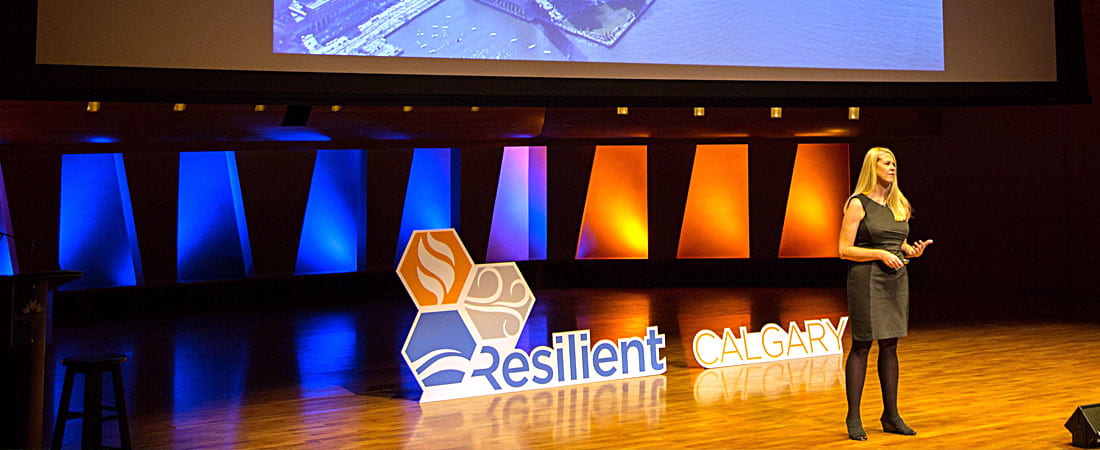DRC Research
DRC projects have been supported by diverse sources, including: National Science Foundation (NSF), U.S. Department of Homeland Security (DHS), U.S. Department of Health and Human Services (DHHS), U.S. Department of Defense (DOD), National Institute of Standards and Technology (NIST), Center for Disease Control and Prevention (CDC), U.S. Department of Transportation (DoT), U.S. Geological Survey (USGS), Earthquake Engineering Research Institute (EERI), Federal Emergency Management Agency (FEMA), National Oceanic and Atmospheric Administration (NOAA) Sea Grant Program, Social Science Research Council (SSRC), and Public Entity Risk Institute (PERI).
Coastal Hazards, Equity, Economic Prosperity and Resilience (CHEER)
DURATION: September 1, 2022 –
RESEARCHERS: Rachel Davidson, Sarah DeYoung, Joseph Trainor, A.R. Siders[/if 449]
FUNDING: National Science Foundation
PROJECT DESCRIPTION:
The UD-led hub — Coastal Hazards, Equity, Economic prosperity and Resilience (CHEER) — is one of five NSF-funded projects announced recently as part of the agency’s Coastlines and People program, which is concentrating its research efforts to protect the natural, social and economic resources of U.S. coasts, and to help create more resilient coastal communities.
This five-year project will be led by Rachel Davidson, a core DRC faculty member and UD professor of civil and environmental engineering. Co-principal investigators include Sarah DeYoung, core DRC faculty member and associate professor of sociology and criminal justice at UD; Linda Nozick, professor and director of civil and environmental engineering at Cornell University; Brian Colle, professor and division head of atmospheric sciences at Stony Brook University; and Meghan Millea, professor of economics at East Carolina University.
COVID-19: Community Impacts and Adaptation To Crisis: Delawareans Living With HIV/Aids
RESEARCHERS: Tricia Wachtendorf
FUNDING: Internally Funded, Delaware HIV Consortium
PROJECT DESCRIPTION:
The crisis surrounding COVID-19 impacted communities across the globe. Appreciating that disasters have differential impacts on those affected, this study examined the impact the crisis had on Delawareans living with HIV/AIDS. The study explored issues of preparedness, response, adaptation, and decision-making, among other social consequences, as well as challenges related to health, housing, finances, and support. Over 50 interviews were conducted with clients of the Delaware HIV Consortium to better understand their experiences and needs over the course of the pandemic.
DRC RESEARCH PROJECTS: 11
FILTER BY RESEARCH AREA:
4 Climate Change | 5 Humanitarian Assistance | 6 Infrastructure Risk Management | 12 Protective Actions | 14 Public Health | 15 Response | 3 Social Vulnerability | 4 Warning and Risk Perception | CLEAR ALL
FILTER BY CLASSIFICATION:
11 Active Research | 19 Past Research | 5 Student Research | CLEAR ALL

TNC: Legal Tools for Floodplain Management
RESEARCHERS: A.R. Siders
FUNDING: The Nature Conservancy
PROJECT DESCRIPTION:
Climate change and development are exacerbating flood-risk across the United States. Numerous legal tools exist to help local governments minimize flood risk, and this project seeks to understand and address challenges that limit the ability of local governments to use these tools or shape the outcomes they are able to achieve. The team developed communication tools to facilitate conversations about managed retreat with government officials and members of the public. Interviews with officials who have administered floodplain property acquisition programs explore how federal policy shapes local decisions and how variations in local administration affect participant outcomes. Case studies of municipalities that have adopted progressive development regulations explore what factors enable the adoption and enforcement of progressive laws.
DRC RESEARCH PROJECTS: 11
FILTER BY RESEARCH AREA:
4 Climate Change | 5 Humanitarian Assistance | 6 Infrastructure Risk Management | 12 Protective Actions | 14 Public Health | 15 Response | 3 Social Vulnerability | 4 Warning and Risk Perception | CLEAR ALL
FILTER BY CLASSIFICATION:
11 Active Research | 19 Past Research | 5 Student Research | CLEAR ALL

TNC: Legal Tools for Floodplain Management
RESEARCHERS: A.R. Siders
FUNDING: The Nature Conservancy
PROJECT DESCRIPTION:
Climate change and development are exacerbating flood-risk across the United States. Numerous legal tools exist to help local governments minimize flood risk, and this project seeks to understand and address challenges that limit the ability of local governments to use these tools or shape the outcomes they are able to achieve. The team developed communication tools to facilitate conversations about managed retreat with government officials and members of the public. Interviews with officials who have administered floodplain property acquisition programs explore how federal policy shapes local decisions and how variations in local administration affect participant outcomes. Case studies of municipalities that have adopted progressive development regulations explore what factors enable the adoption and enforcement of progressive laws.


